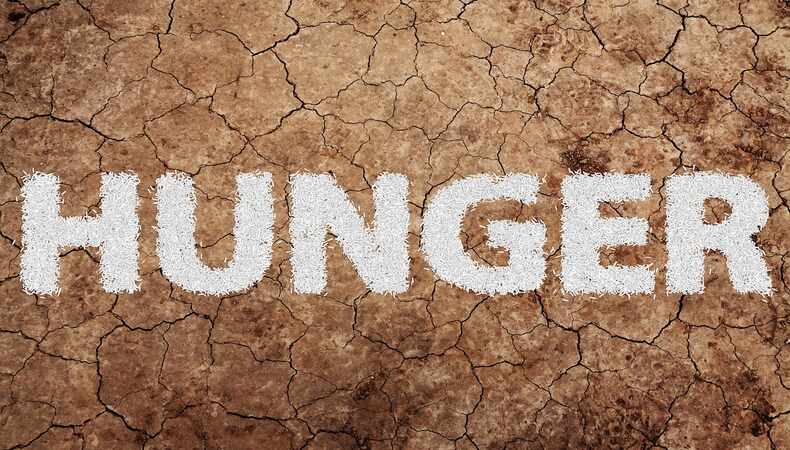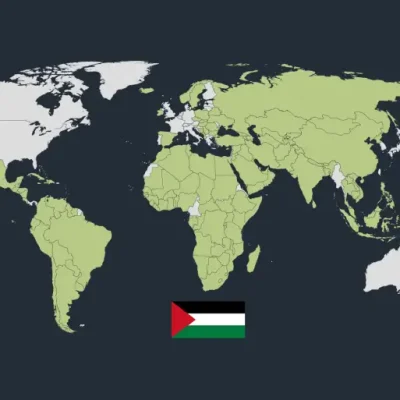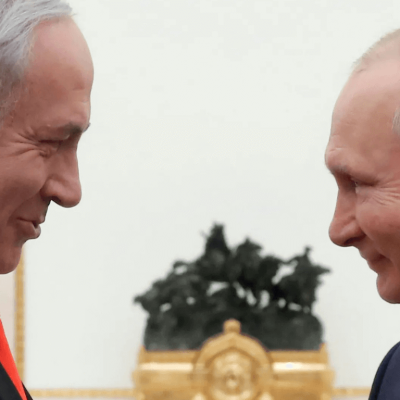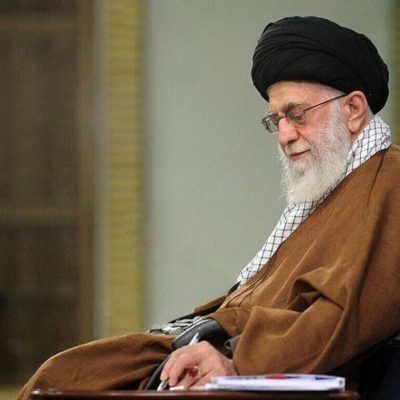U.N. Investigator Accuses Israel of “Starvation Campaign” Against Palestinians

Michael Fakhri, a U.N. independent investigator on the right to food, has charged Israel with running a “starvation campaign” against Palestinians amid the continuing battle in Gaza. Israel vehemently refutes this accusation that surfaced in a report this week.
Stories of a Starvation Campaign
Fakhri claims that the claimed starving campaign started soon after Hamas started a surprise onslaught in southern Israel that claimed about 1,200 casualties. According to him, Israel’s military reaction included a thorough blockade of food, water, gasoline, and other basic goods into Gaza, therefore badly affecting the locals. According to Fakhri’s study, this siege was a premeditated strategy of famine meant for the 2.3 million Gazaites.
Dismissing the charges as “outrageously false,” Israeli Prime Minister Benjamin Netanyahu declared, “You can say anything — it doesn’t make it true,” Netanyahu denied the idea of an intentional starving policy in a news conference. He underlined that, albeit under strict surveillance, Israel has been letting humanitarian supplies into Gaza.
Global Pressure and Support for Aid Access
Israel’s government has progressively opened many border crossings under great international pressure—especially from the United States—to enable the delivery of humanitarian aid. Although some relief was finally let into Gaza, Fakhri observed that it was mostly focused on the southern and center areas rather than the north, where many Palestinians had been advised to move.
Professor Fakhri of the University of Oregon School of Law and the U.N. special rapporteur on the right to food since 2020 noted that by December 80% of the world’s population enduring famine or catastrophic hunger was Palestinians in Gaza. He said, this fast and severe decline in food security was unparalleled in contemporary history.
Current Claims and Historical Context
Fakhri said in his report to the U.N. General Assembly that Israel’s crimes against Palestinians go back 76 years from its independence, therefore placing the accusation in a historical setting. He charged Israel of using several strategies of famine and starvation to subjugate and cause pain on Palestinians.
According to Fakhri’s research, the U.N. Food and Agriculture Organization (FAO) and other organizations have acknowledged the devastation of Gaza’s food systems—including farming and fishing areas—that he describes. According to him, political and military use of humanitarian relief has been twisted to damage the Palestinian community.
Israeli Reaction and Relief Figures
Israel has responded by saying it no longer controls the quantity of assistance vehicles passing into Gaza. Referring to numbers from COGAT, Israel’s military department in charge of assistance access, Netanyahu said that 700,000 tons of food products had been let into Gaza since the battle started eleven months ago. He also pointed out that the private sector brought in a lot of this assistance for sale on Gaza’s markets.
Many Palestinians in Gaza claim trouble affording enough food in spite of these data. Two small crossings in the north and the main crossing at Kerem Shalom in the south direct aid. But once Israel invaded Rafah in May, U.N. and other relief organizations have struggled to reach Kerem Shalom because of the hazardous environment brought there by continuous military activity.
Humanitarian Crisis in United Nations Reports
“Beyond catastrophic,” U.N. spokesman Stephane Dujarric said of Gaza’s humanitarian situation. He observed a 35% decline in the supply of daily prepared meals and claimed that over a million Palestinians did not get any food rations in August. The U.N. humanitarian agency linked the decrease to many evacuation orders from Israeli security forces, which compelled some kitchens to stop or move operations.
Due in part to conflicts, destroyed infrastructure, and restricted access brought on by Israeli military operations, the U.N. also noted severe food shortages in central and Southern Gaza. Dujarric underlined that major causes of the current crisis were insufficient food supplies and challenges experienced by humanitarian partners.
The claims of a “starvation campaign” and the reactions of Israeli authorities as well as the U.N. show the strong and multifarious character of the struggle in Gaza. The whole community is still worried about the humanitarian effects and wider consequences of the continuous conflict between Israel and Gaza as the circumstances keeps changing.




